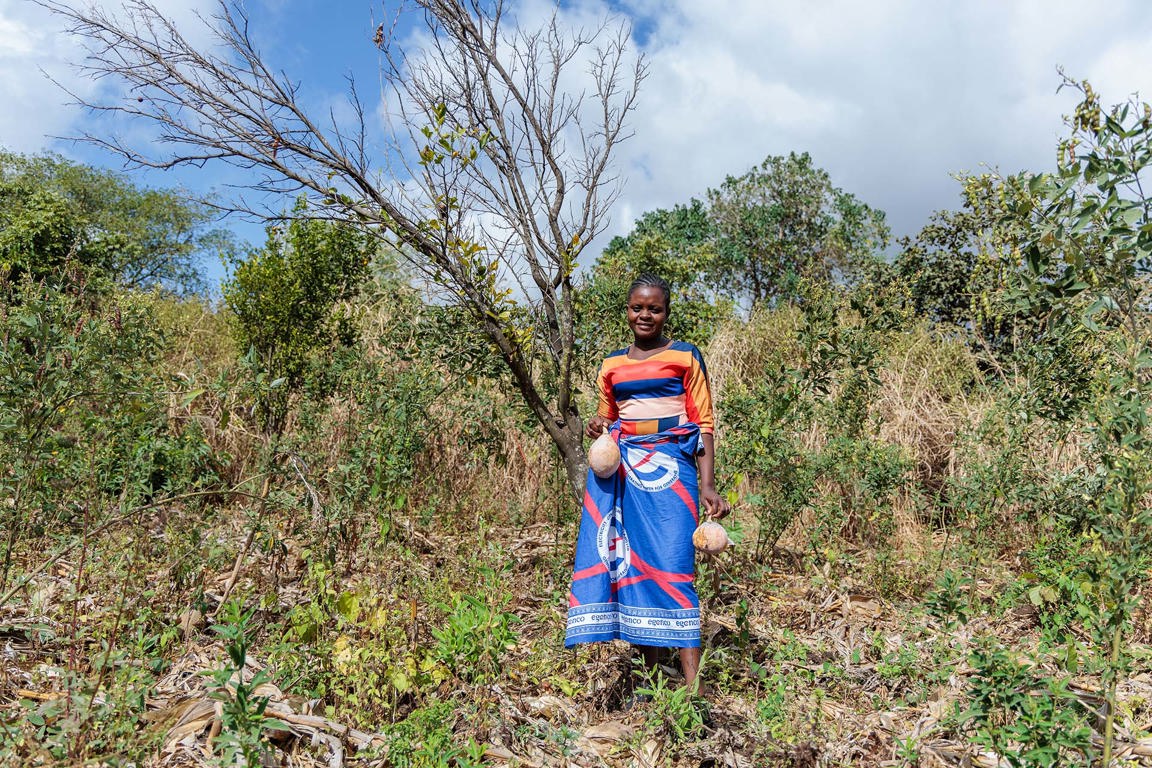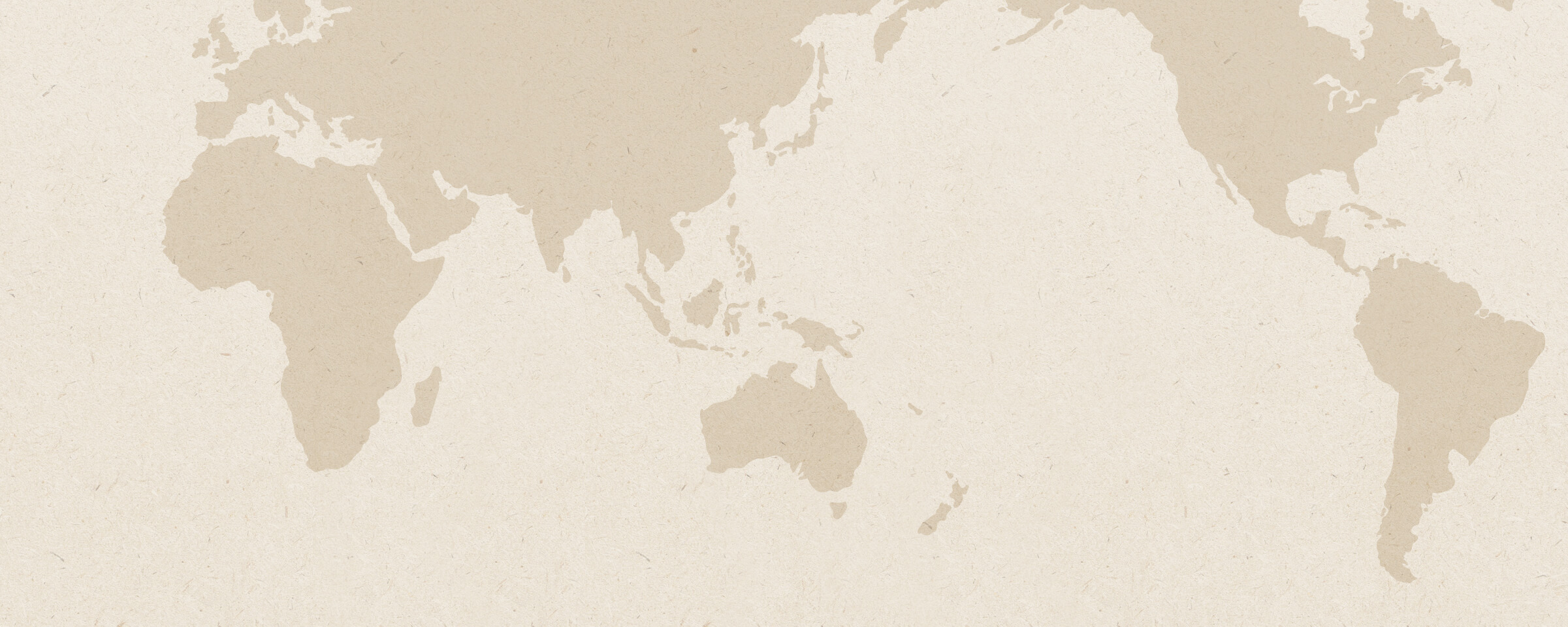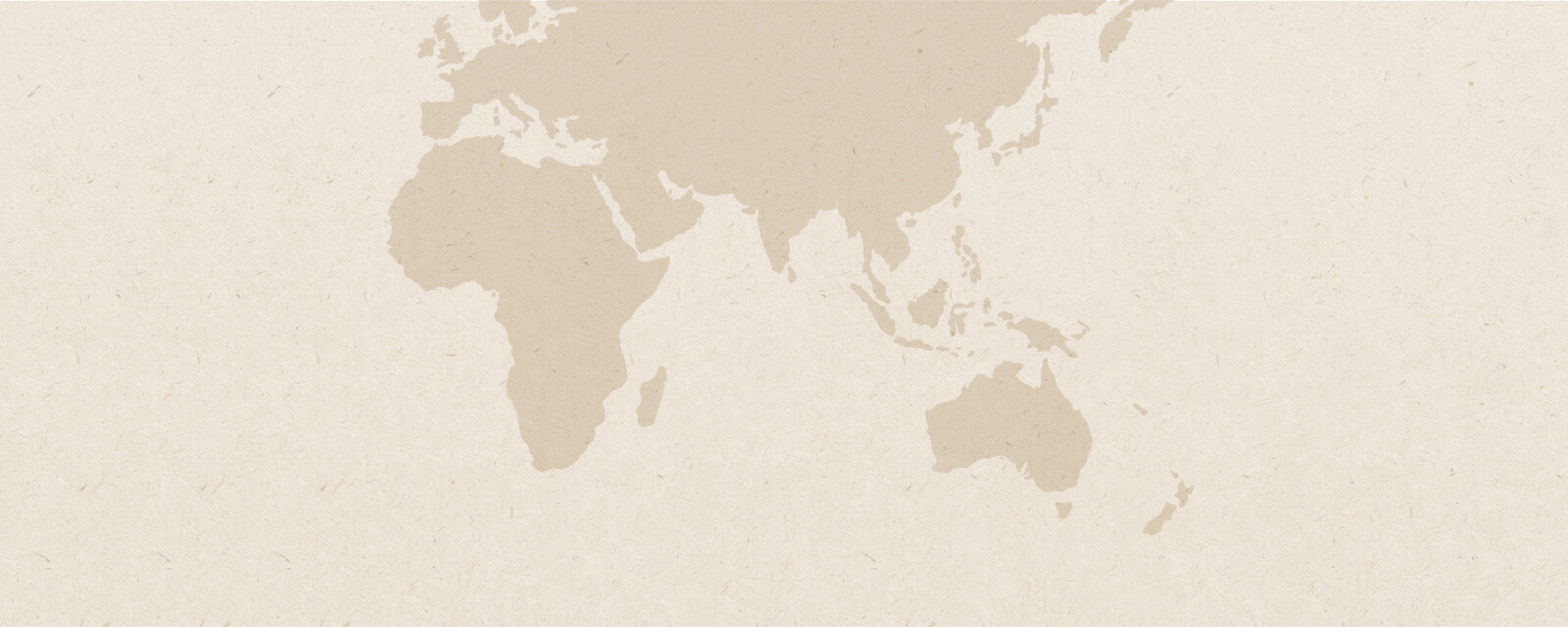Where We Work
Malawi
Malawi is often referred to as the ‘Warm Heart of Africa’ because of the friendliness of its people. Climate shocks and low agricultural productivity mean that poverty levels remain high in Malawi

Memory holding vegetables that were produced on her family’s farmland. Photo: Tim Lam/Caritas Australia
The impact of your support in Malawi



A new handwash station has helped improve hygiene in Vellina’s village in southern Malawi. Photo: Tim Lam/Caritas Australia
Malawi
Population: 20 million people
Communities can utilise their existing assets and natural resources to improve their income.
Families can access clean drinking water and handwash facilities.
Young people can learn vocational training skills to boost their employment prospects.
Child protection committees are established to help reduce incidences of early child marriage.

Memory at her technical college near the city of Blantyre where she completed a course in carpentry in Malawi. Photo: Tim Lam/Caritas Australia
Memory's story
Memory lives in rural Malawi and is the eldest child in a family dependent on subsistence farming for survival. Being the firstborn from a low-income family, Memory had to take on many household chores and farming activities to support her parents. They struggled to pay for Memory’s school fees and school supplies, and Memory often had to walk to school barefooted.
With the support of Caritas Australia and its partner the Catholic Development Commission in Malawi (CADECOM), Memory was able to enrol at a technical college where she learnt technical skills in carpentry. She undertook a three-year carpentry course, with CADECOM supporting part of her tuition and boarding fees.
Memory became the first female carpenter from her village and secured a job as a carpenter at one of Malawi’s largest hydroelectric power stations. With the income from her job, she can provide financial support to her family and inspire other young women in her community so that they may have the opportunity to succeed in a male-dominated industry.
"In my community, most people think that only men can be carpenters, so I want to prove to my community that women can do it as well."

Memory's story
Follow Memory on her journey to become the first female carpenter from her village in Malawi:
You can help
Donate today
Your donation today can help support long-term programs, like the A+ Successor Program in Malawi.
Become a Caritas Neighbour
By signing up to become a Caritas Neighbour, your monthly gifts can help transform lives today, tomorrow and every day.
Give a Global Gift
Give a gift that can change a life and transform a community.












